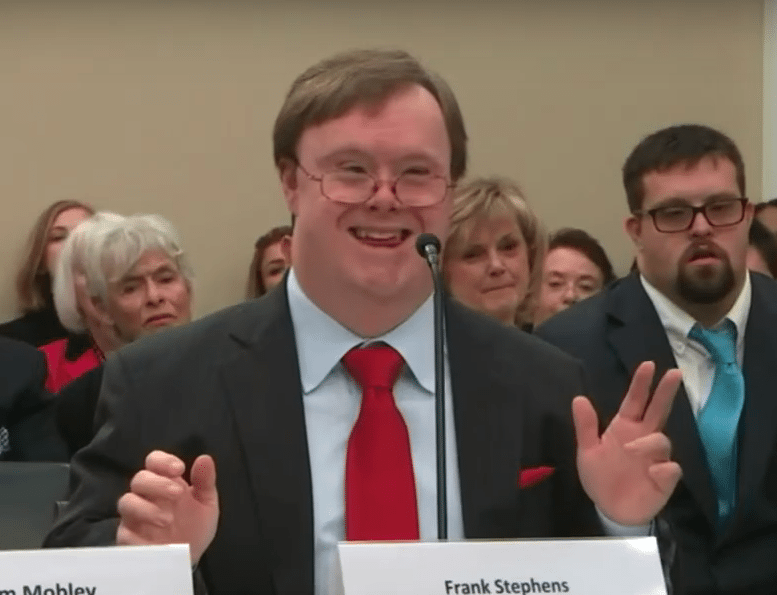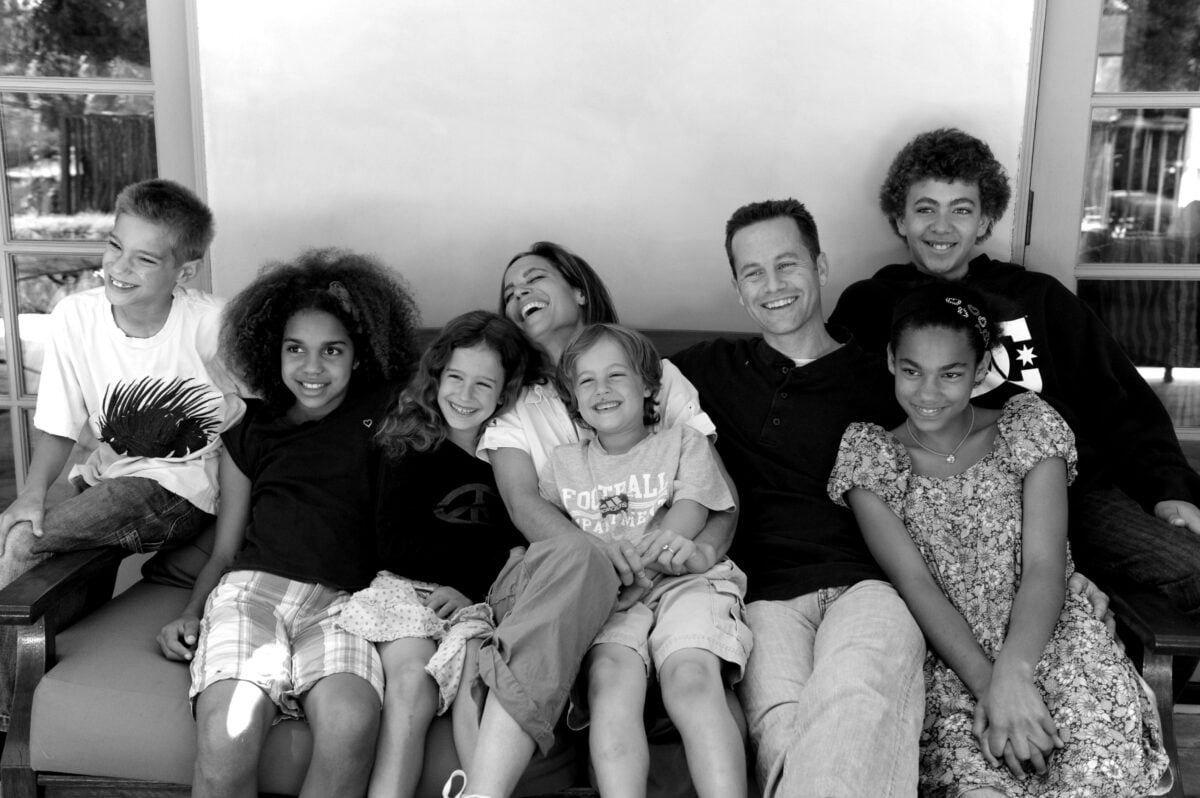“I am a man with Down syndrome and my life is worth living.” These powerful words spoken by Down syndrome activist Frank Stephens evoked a standing ovation at last week’s U.S. Appropriations Committee hearing.
Stephens lives boldly as a man with Down syndrome, challenging society’s view of what it means to live a life worth living. Many nations are taking an approach akin to eugenics in regards to Down syndrome, calling termination a “final solution” for this “problem.”
However, as Stephens’ life and testimony reveals, Down syndrome is not a problem, in fact, it might even be a solution.
Because of the tragic association of Down syndrome and Alzheimer’s disease, research into Down syndrome might allow us to see further into the genes and mechanisms that cause Alzheimer’s, allowing for prevention of the disease in those living with or without Down syndrome.
However, in order for this research to take place, the lives of those living with Down syndrome must be valued and respected. Stephens’ said:
“Across the world, a notion is being sold that maybe we don’t need to continue to do research concerning Down syndrome.” “Why?” He asks, “Because there are pre‐natal screens that will identify Down syndrome in the womb, and we can just terminate those pregnancies. In places as wide‐spread as Iceland, Denmark and South Korea, government officials have proclaimed that these government encouraged terminations will make them ‘Down syndrome free by 2030.'”
The hope for a Down syndrome free world comes from, as Stephens says, “a deeply prejudiced and outdated idea of life with Down syndrome.”
He goes on to explain that his life is marked with value and success, even in the most traditional ways—he’s been a guest lecturer at major universities, has contributed to a best-selling book, played a part in an Emmy winning TV show, and been a voice regarding inclusion to the nation’s youth. He added, “I’ve even been to the White House twice, and I didn’t have to jump the fence either time.”
Aside from all of this, his life has value simply because it’s a life. He says, “I don’t feel I should have to justify my existence, but to those who question the value of people with Down syndrome I would make three points…”
First, people with Down syndrome are “a medical gift to society.” Stephens says, “As you have heard, our extra chromosome makes us a blueprint for medical research that could reveal answers to cancer, Alzheimer’s, and Immune System disorders. If not for us, then for you and the one’s you love, fund this research.”
Second, people with Down syndrome are an “unusually powerful source of happiness.” He describes a Harvard based study which discovered that people with Down syndrome and their families are “happier than society at large.” He says, “I know happiness is not something you can assign dollars to, but surely it must be worth something.”
Third, people with Down syndrome “are canaries in the eugenics coal mine.” Stephens points out that screening for Down syndrome is a slippery slope into an even greater ethical dilemma. “It won’t be long before we can identify all manner of potentially expensive medical or personality ‘deviations’ in the womb.”
“We are helping to defeat cancer and Alzheimer’s and we make the world a happier, kinder place. Is there really no place for us in this society?”
He finishes with a final challenge and appeal, “Let’s be America, not Iceland or Denmark. Let’s pursue answers, not ‘final solutions.’ Let’s be America. Let’s pursue inclusion, not termination. Let’s make our goal to be Alzheimer’s free, not Down syndrome free.”
Many people with Down syndrome will never even experience life outside their mothers’ wombs. Join us in fighting this harmful issue and sign our letter supporting the 20 week abortion ban today!













